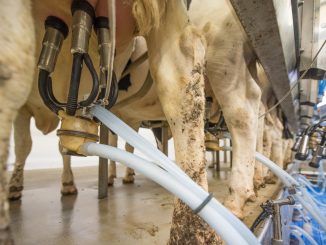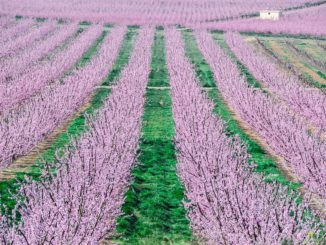
NEW: EIP Guide document has been updated again.
One of the elements of the new CAP reform which offers the most potential for a move towards agro-ecological production methods is what is called the EIP – the European Innovation Partnership. This has already featured in our monthly-updated Toolkit as a key opportunity for civil society and agri-environmental movements to make progress in the national implementation of the CAP reform process. So let’s look in more detail at the EIP.
IFOAM EU, TP Organics (now officially acknowledged as the European Technology Research Platform for organic food and farming, to be involved in the development and implementation of the next framework programme “Horizon 2020”) and ARC 2020, our platform of 150+ NGOs operating in the civil society, agri-food and environmental spheres, have joined forced to develop guidelines explaining how Rural Development programmes can implement the EIP.
To this end, a crucial guide to the EIP implementation has been published and now also updated twice, including this most recent version. This, along with our tookit, will help stakeholders in this process.
The Rural Development regulation specifies that the EIP shall promote a transition towards “agroecological production systems.” The EIP is meant to be a bottom-up process. Organic associations have an opportunity, based on what is actually in the regulation, to convince their national or regional authorities to implement the EIP for the benefit of organic farming and agroecology.
What’s significant about the EIP is that it tries to marry Productivity and Sustainability, while also aiming to bring many stakeholders together. Indeed it specifically encourages groups from different parts of the agri-food system to work together – “farmers researchers, advisers and businesses” while encouraging the development of “agro-ecological production systems”.
As with any broad approach to sustainability in farming, there is scope for a range of interpretations, which in turn can lead to a watering down of the original vision. However there are some caveats which offer real potential: many supporters and members of ARC 2020 have been involved in the development of the EIP. This includes FiBl, IFOAM, Slow Food International, Birdlife, Greenpeace, Via Campesina, Pesticide Action Network and ARC2020 itself. This has meant that at least some oversight on the process, to help maintain the vision, has occurred.
It is also the case that the Strategic Implementation Plan developed for this EIP has acknowledged both what is called the productivity (i.e. business as usual) and sufficiency paradigms. This in turn stems from the EU Commission’s 3rd SCAR report, which acknowledges this sufficiency paradigm.
All of this said, it is still the case that this is only the beginning of the next phase of trying to make the CAP reform process more citizen and agri-environmentally focused. Once again, see here for all the details on how the EIP could be implemented in your region or member state. And stay tuned to the ARC website, where we will outline some of the details of this EIP implementation in the days and weeks ahead.





2 Trackbacks / Pingbacks
Comments are closed.